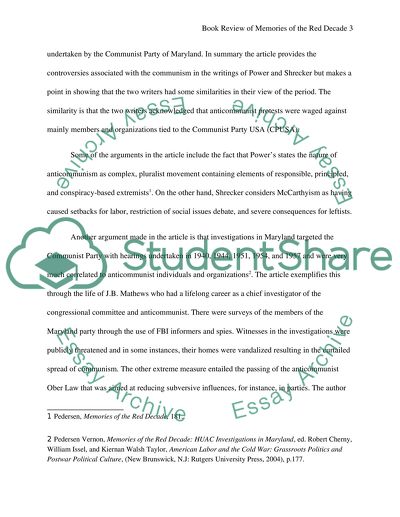Cite this document
(“American History Essay Example | Topics and Well Written Essays - 250 words - 4”, n.d.)
American History Essay Example | Topics and Well Written Essays - 250 words - 4. Retrieved from https://studentshare.org/history/1675057-american-history
American History Essay Example | Topics and Well Written Essays - 250 words - 4. Retrieved from https://studentshare.org/history/1675057-american-history
(American History Essay Example | Topics and Well Written Essays - 250 Words - 4)
American History Essay Example | Topics and Well Written Essays - 250 Words - 4. https://studentshare.org/history/1675057-american-history.
American History Essay Example | Topics and Well Written Essays - 250 Words - 4. https://studentshare.org/history/1675057-american-history.
“American History Essay Example | Topics and Well Written Essays - 250 Words - 4”, n.d. https://studentshare.org/history/1675057-american-history.


